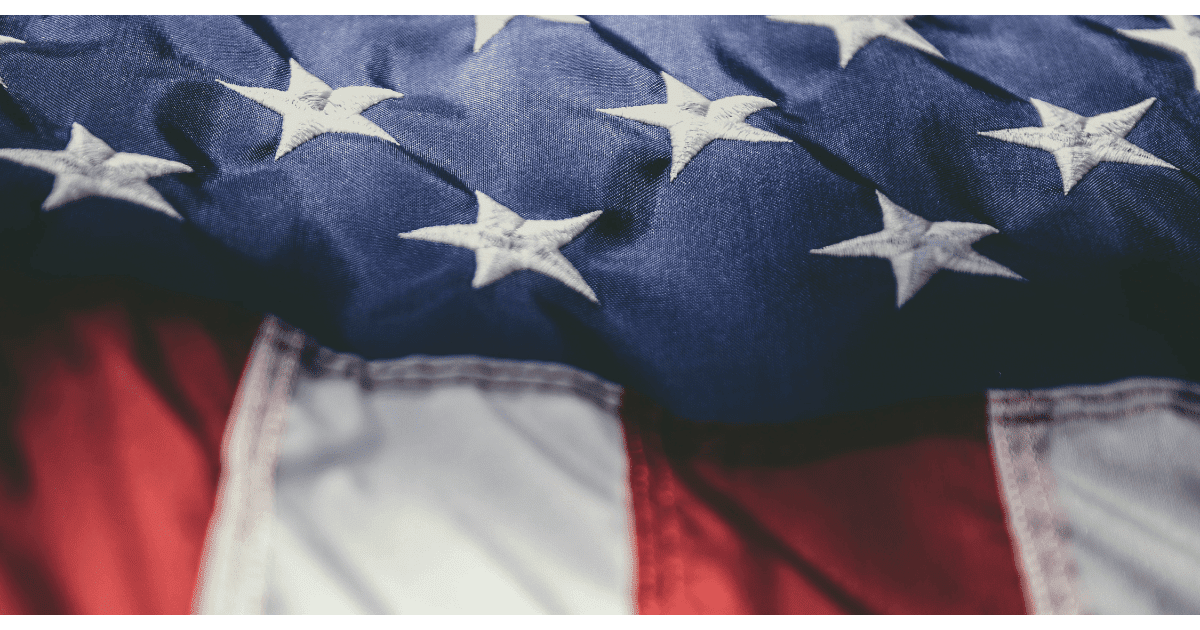By Lauren Gideon
It is that time of year again. Grills are lit, parades are attended, and picnics and fireworks have brought families and communities together. July 4th elicits my mixed sentiments. Inevitably, we are drawn into the topic of comparison. Side by side, we attend to the world leading up to 1776 and the world in which we now reside. How are they the same? How are they different?
In years prior, I had feelings of reluctance to celebrate the historic overthrow of tyranny when it seemed our own generation’s tides of tyranny were on the rise. My frustrations were aimed metaphorically far, far away at vague, distant targets of politicians, invasive policies, and oppressive enforcement agencies. Tyranny, freedom, independence; as I turn these ideas over and over in my mind, ideas and words take on different flavors. We all inherited the paradigm we live in, and sometimes, we do not realize the layers and connections to the foundation we stand on and live in. So, join me in this thought exercise.
Directly or Indirectly Opposed to Tyranny?
If the War for Independence truly was what it claimed to be, the war was in opposition to tyranny, but not directly. Tyranny is more directly the inverse of freedom. The word “freedom” is a math word. It is most similar to the idea of zero. The only way to define zero is to say what it is not. You can have zero money, zero time, and zero belongings, but without a unit of measurement, zero is an extremely abstract concept. Freedom is this same idea of zero. It is the articulation of zero chains, zero oppression, zero infringements, zero force, and zero fraud. Freedom is a big beautiful nothing!
What is Independence?
So then, what is independence? And how is it related? To understand and appreciate independence, we must also attend to its inverse as well. If independence is what we love, the inverse is the threat to that object of our love. Some have even postulated that we have an obligation to hate the thing that is a threat to what we love. And what is this imminent threat? Dependency.
The founding generation were students of historical patterns. They realized that these lines run parallel. To be free, one could not be dependent. Thus, they reluctantly resolved to pursue, teach, and propagate independence as their door to freedom.

The scary reality is that the path they walked has room for two-way traffic. If independence is the path toward freedom, dependency is the path back toward tyranny and totalitarianism. So, what does state dependency look like? In its simplest form, it is the public’s tolerance of the use of collective, regulated resources to supply individual needs. Our generation’s oversight is that the threat of dependency is not fresh in our minds. We have grown ignorant, distracted, apathetic, and negligent in keeping our guard up against the threat of dependency. Ideas of entitlement, “school choice,” “public-private partnership,” subsidies, and government grants are all modern manifestations of our collective, tacit-yet-obvious approval of state dependency.
The Cost of Independence
Being opposed to dependency does not carry the same exciting, unifying battle cry that “opposing the tyrants” offers. Why is that? It is easy to oppose some ugly dragon in a castle far, far away. It is much more difficult to come to terms with the tiny, toxic terrors living in our own hearts and communities. This breed of dragons pokes its little head out on Election Day when we vote for the most benevolent Caesars promising to open the coffers and fund the voter or the voter’s pet project with the collective’s treasury. With each locus in which we tolerate this level of state “partnership,” we are actually surrendering more and more real estate from the domain of the free to the domain of the captured. Sure, the cost of independence is expensive, but what is the value of freedom? And what should we be willing to pay to expand and preserve it for generations to come?

Lauren Gideon is the Director of Public Relations for Classical Conversations®. She has been a home educator since her first student was born 18 years ago. She came to Classical Conversations for support when the student count in their home grew beyond what she thought she could navigate on her own. In addition to homeschooling her seven children, she co-leads community classes that unpack our nation’s founding documents and civic responsibility. However, she is happiest at home, preferably outside, with her husband of 18 years, tackling their newest adventure of building a modern homestead.
